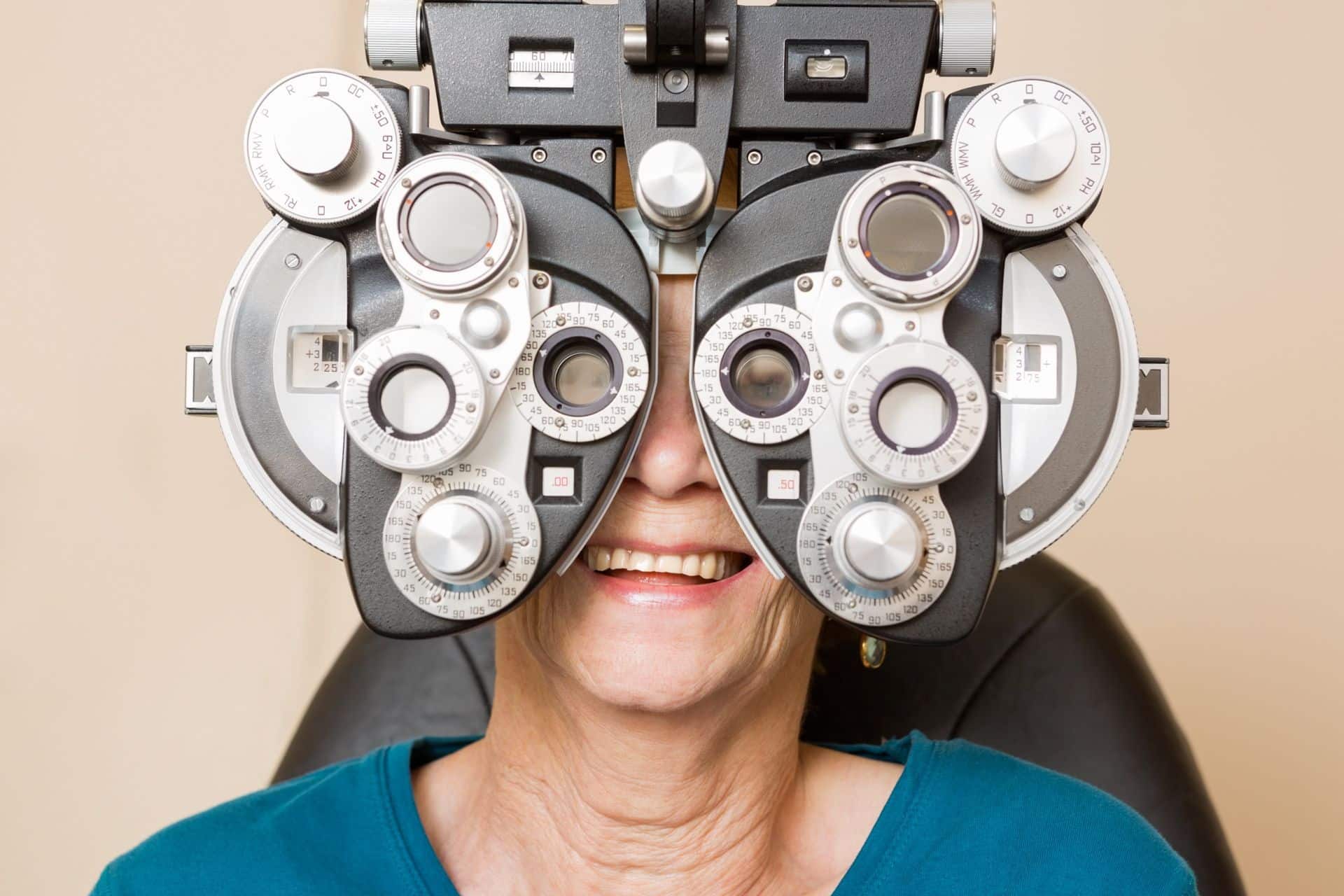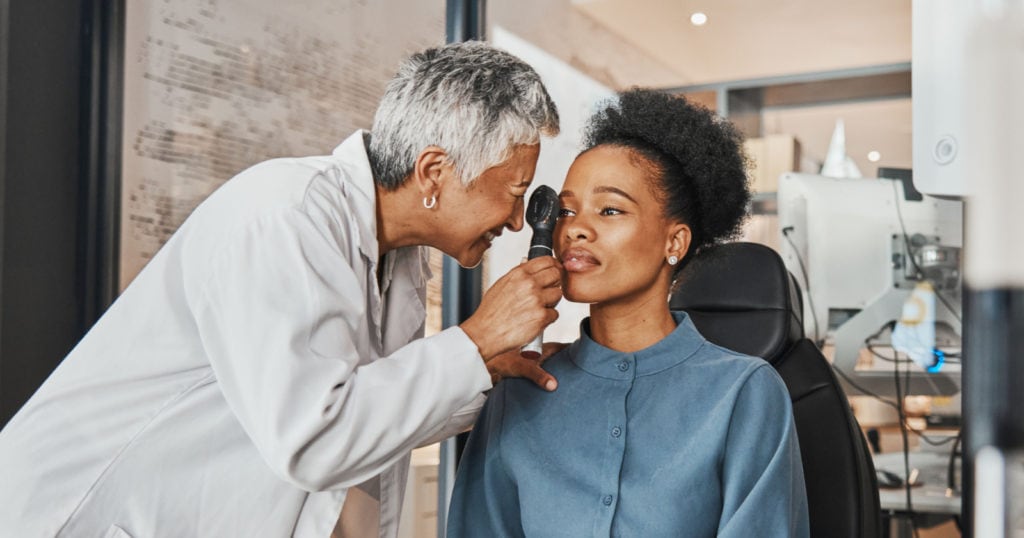Discover the Best Ophthalmologist in Nabua for Comprehensive Eye Care Solutions
Discover the Best Ophthalmologist in Nabua for Comprehensive Eye Care Solutions
Blog Article
The Significance of Routine Exams With an Eye Doctor
Normal exams with an ophthalmologist play a crucial function in protecting one's vision and overall eye health and wellness. The connection constructed with an eye doctor permits for customized advice on eye care practices that can enhance long-lasting end results.
Recognizing Eye Wellness
Recognizing eye health and wellness is vital for keeping general wellness and avoiding potential vision problems. ophthalmologist in nabua. The eyes function as our main means of experiencing the world, making it vital to prioritize their health. Regular eye exams play an essential function in keeping an eye on vision and discovering early signs of eye conditions
Variables affecting eye wellness consist of genetics, way of life, and environmental problems. Age-related modifications can substantially impact vision, necessitating boosted caution as one ages. Correct nourishment, including vitamins A, C, and E, in addition to minerals like zinc, can add to maintaining ideal eye feature. Furthermore, safeguarding the eyes from harmful UV rays and too much screen time is imperative in today's digital age.
It is additionally important to recognize the value of managing systemic health and wellness concerns, such as diabetes and high blood pressure, which can detrimentally affect vision. By recognizing these factors, individuals can take aggressive steps to protect their eye wellness. Cultivating awareness regarding the relevance of normal eye doctor check-ups empowers individuals to seek expert support, making certain comprehensive care and timely intervention when required - ophthalmologist in nabua. Prioritizing eye health and wellness is not practically vision; it is indispensable to boosting one's lifestyle.
Common Eye Problems
Identifying common eye problems is essential for very early discovery and efficient administration. Among the most widespread concerns impacting vision are refractive errors, including nearsightedness (nearsightedness), hyperopia (farsightedness), and astigmatism. These problems result from irregularities in the shape of the eye, leading to obscured vision that can commonly be fixed with glasses or get in touch with lenses.
Cataracts, characterized by clouding of the eye's lens, generally create with age and can substantially impair vision if left untreated. An additional regular condition is age-related macular deterioration (AMD), which affects the main section of the retina, bring about vision distortion and problem in recognizing faces.
Glaucoma, often described as the "silent burglar of sight," is noted by boosted intraocular pressure that can harm the optic nerve, resulting in irreparable vision loss otherwise found early. Diabetic retinopathy is one more significant condition, stemming from diabetes-related damage to capillary in the retina, potentially bring about blindness.
Prompt identification and treatment for these conditions can alleviate complications and protect vision, underscoring the value of regular evaluations with an eye doctor.

Benefits of Regular Check-Ups
Routine ophthalmologist check-ups play an important role in maintaining eye health and preventing vision loss. These evaluations enable the early discovery of numerous eye problems, such as glaucoma, cataracts, and macular degeneration, which can result in irreparable vision problems if not identified without delay.
In addition, regular assessments help with the evaluation of overall eye feature, making it possible for ophthalmologists to keep track of any adjustments in vision and change corrective lenses or treatments as necessary. Normal check-ups also add to the management of systemic wellness problems, such as diabetes and high blood pressure, which can considerably influence eye wellness.
In enhancement, these visits give a chance for clients to obtain individualized guidance on eye treatment and protective actions, such as UV security and correct nourishment for eye health. Developing a continual connection with an eye doctor ensures that individuals are maintained informed regarding advancements in eye care and therapy alternatives.
What to Expect During a Test
Throughout an ophthalmologist examination, people can expect a detailed evaluation of their eye health and wellness. The consultation typically begins with a complete case history review, where the ophthalmologist will certainly ask about any vision issues, clinical problems, and family members background of eye diseases. This details is crucial for tailoring the assessment to the individual's demands.
Following this, the eye go to my site doctor will certainly perform a collection of examinations to examine aesthetic acuity, which involves analysis letters from an eye graph at different distances. The evaluation may additionally consist of refraction examinations to identify the suitable prescription for glasses or contact lenses. In addition, the physician will evaluate the wellness of the eyes utilizing a slit lamp, which provides a multiplied view of the eye's structures, consisting of the cornea, lens, and retina.
Student dilation is an additional typical procedure throughout the examination, enabling for a detailed exam of the retina and optic nerve. Individuals my site may experience short-lived obscured vision following extension, and sunglasses are typically recommended for convenience. ophthalmologist in nabua. In general, the test is created to identify any kind of possible problems early and make sure ideal eye wellness for the future
Exactly How Frequently Should You Go To?
Keeping optimal eye wellness requires a dedication to regular eye doctor visits, which must be tailored to private demands and risk factors. The regularity of these visits can differ significantly based upon age, wellness status, and certain eye conditions.

Additionally, individuals with existing eye problems, such as glaucoma or diabetes mellitus, should stick to a more constant schedule as recommended by their eye doctor. People with a family members history of eye diseases may likewise need even more regular exams. Ultimately, developing an individualized schedule with an ophthalmologist is necessary for aggressive management of eye health and very early discovery of possible concerns.
Verdict
Normal exams with an ophthalmologist play an essential role in keeping eye health and wellness and avoiding vision loss. Developing a regular relationship with an eye doctor makes sure extensive eye wellness administration and underscores the value of positive measures in guarding vision.
Report this page